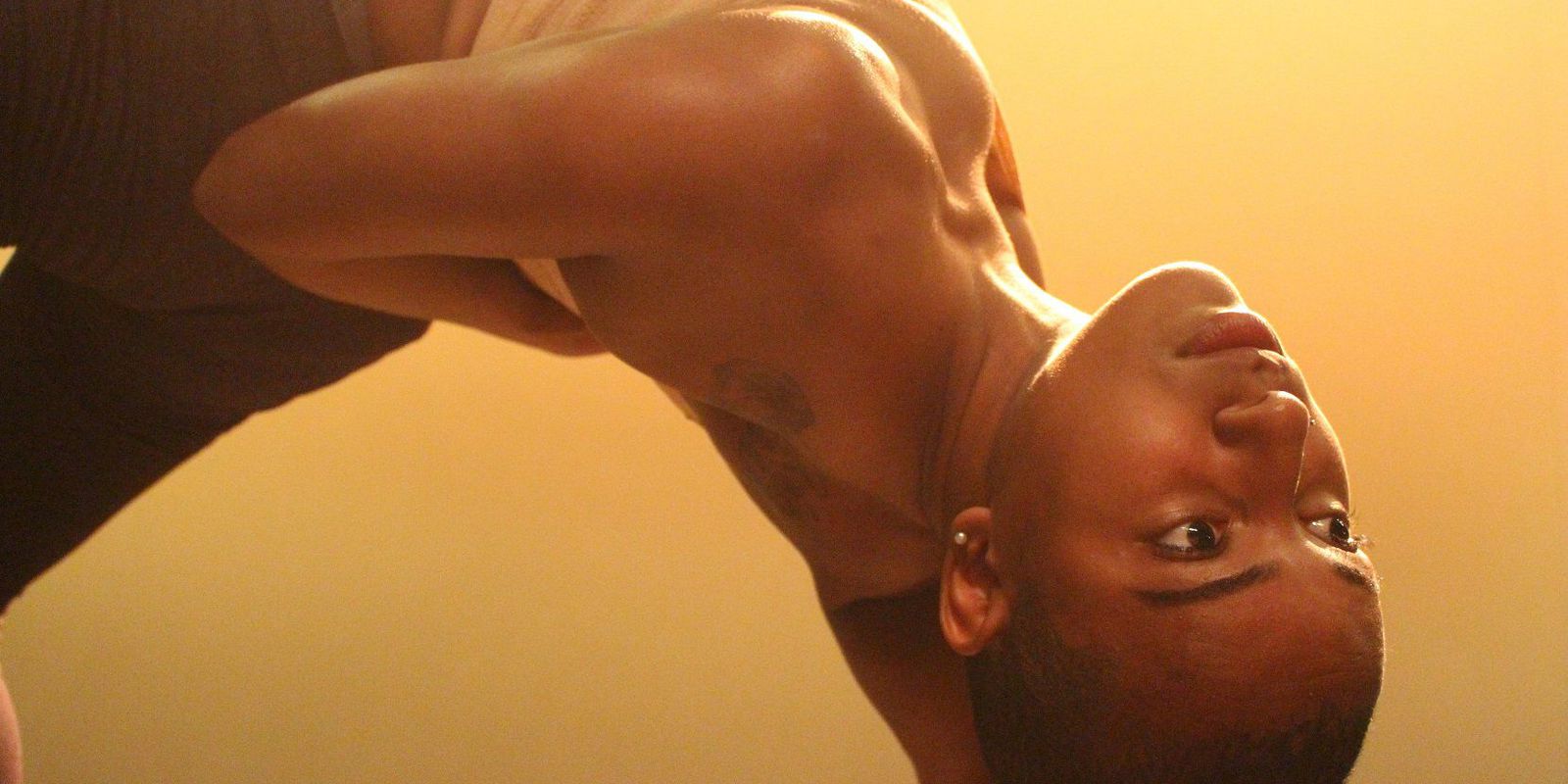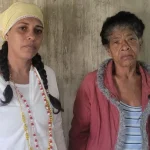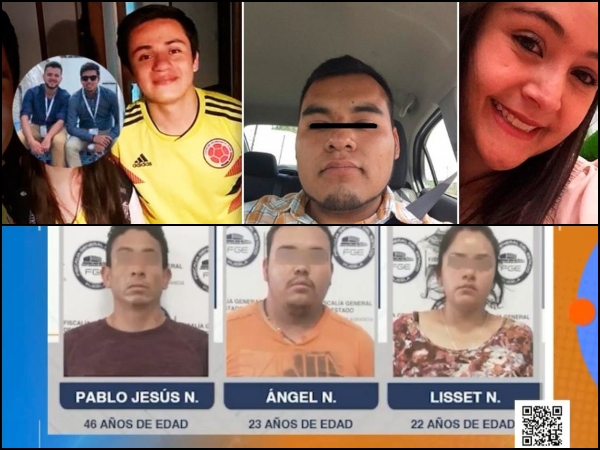Fourteen groups with black protagonism in the dance scene begin today (29), World Dance Day, the fifth edition of the Sesc EntreDança Festival, considered one of the biggest events of the genre in the country. The last edition of the festival, nominated twice for the Cesgranrio Prize, took place in 2019, before the covid-19 pandemic.
Continuing the theme of the last edition – the black body -, the festival will tour five cities in Rio de Janeiro (Rio de Janeiro, Nova Friburgo, Nova Iguaçu, Paraty and Petrópolis) until the 16th of May. The program includes dance works created and performed by black artists.
Sixteen spaces in these municipalities in Rio de Janeiro, between units of the Social Service of Commerce (Sesc) and partners, will receive dance groups from Rio and from five other Brazilian states: Bahia, Ceará, Minas Gerais, Pernambuco and São Paulo. Most of the shows are unprecedented in Rio. The complete schedule can be accessed at site of the event.
Importance
André Gracindo, technical analyst for Performing Arts at Sesc RJ and one of the festival’s curators, said that the forced interruption two years ago led the entity to reflect on the institutional mission and its actions. “With each day of new challenges and impacts suffered, the certainty remained that the black body continued to be the most affected, the one who had fewer alternatives and possibilities in the face of the disease, the impositions of the world of work and the consequences of the pandemic, still in progress. course”, said Gracindo. According to him, the continuity of the action intends to reaffirm the importance of his contributions to the cultural scene of the country.
The fifth edition of Sesc EntreDança brings news, including an audiovisual show. A critics group was also formed, which will produce texts about the programming shows to be published in the site from the project. For the first time, EntreDança will be held jointly with the Sociocultural Pole of Sesc Paraty and the Cultural Center of the Sesc Educational Pole, located in Jacarepaguá, in the west of the capital, managed by the National Department of the institution.
The official opening of the event is scheduled for 7 pm, at Sesc Copacabana, with free admission. It will be a meeting of all the artists of the program, with dialogue by Luciane Ramos-Silva. The night will feature the artist Carlos Negreiros, from the Afro-Brazilian Orchestra, who will present songs by the historic dance company Olorum Baba Min, of which he was musical director.
highlights
Among the highlights of the program is the Reinado de Nossa Senhora do Rosário do Jatobá, a brotherhood made up of around 150 people, which has kept the tradition of the Reinado active for over 130 years. It is a cultural expression of Bantu matrix in the country, which today is found, for the most part, in the state of Minas Gerais. The Kingdom will present Procession and Praise, on May 13 and 14, at the Federal University of the State of Rio (Unirio) and at Copacabana Beach, respectively. In both presentations, the public will be able to get to know the strength and historical, social and cultural importance of black Catholic brotherhoods in Brazil, informed the Sesc press office.
Among the training and reflection actions of the project, professor and researcher Leda Maria Martins, who is part of the Reign of Jatobá and Queen of Nossa Senhora das Mercês, will give the master class dancing bodies, knowledge in transit, on the 16th of May. It will address the relationships between body, knowledge, memory and territory. The activity is free. Paid activities have popular prices between R$5 and R$30, with free admission for performing arts students with valid documentation.
Sesc EntreDança also mixes passinho nights, with female participation in the funk movement, and Bruno Duarte’s krump, which, in anthillmixes techniques of this expression of urban dances with other choreographic elements.


















